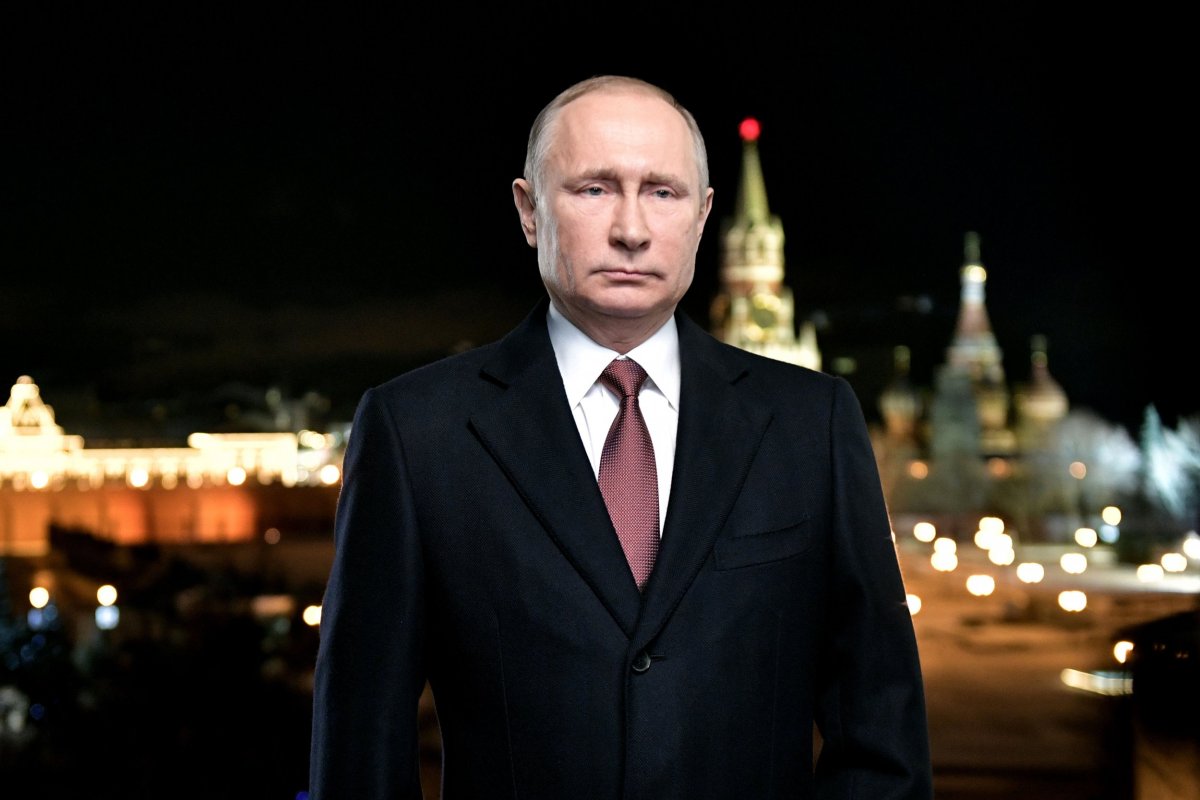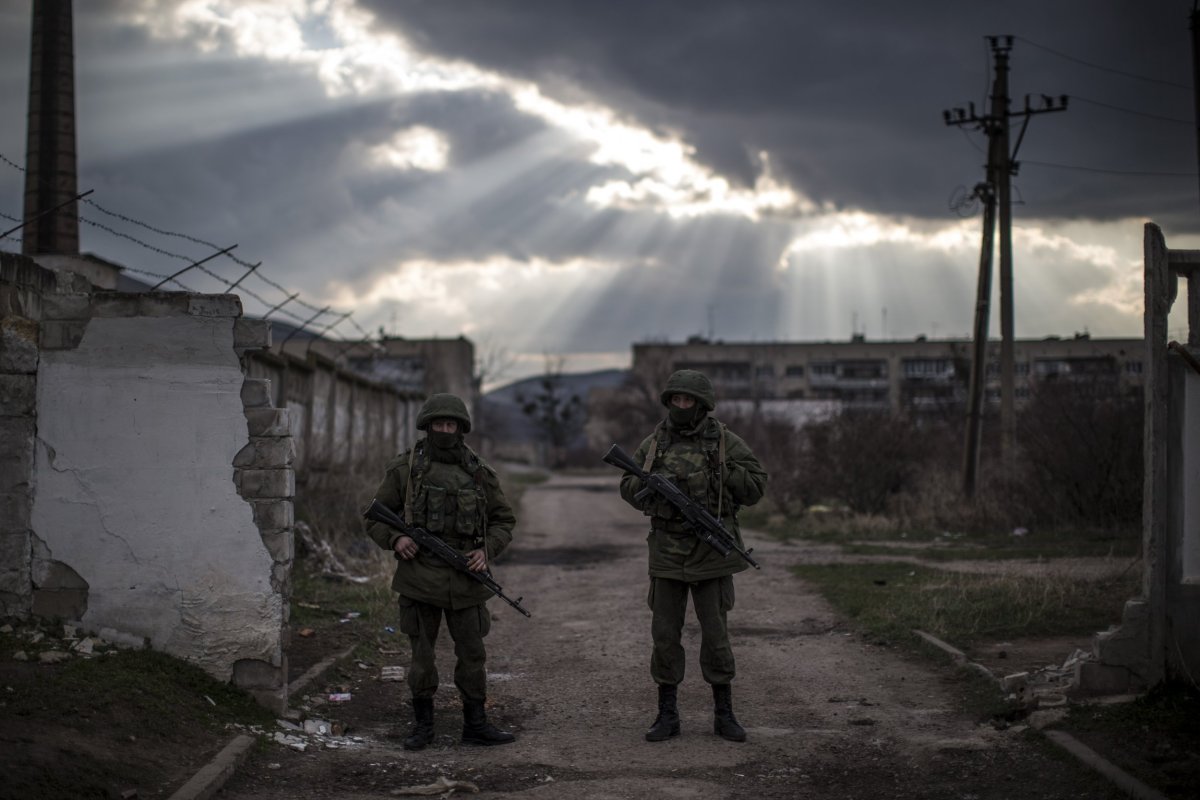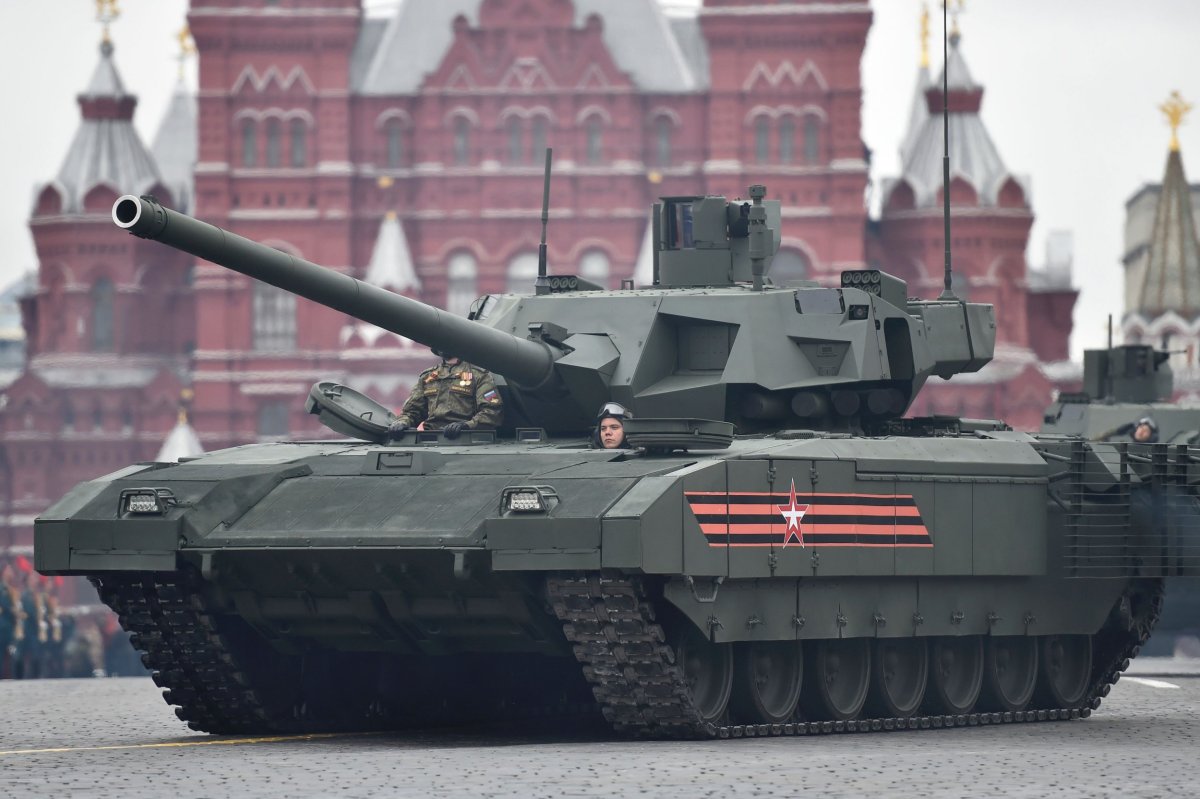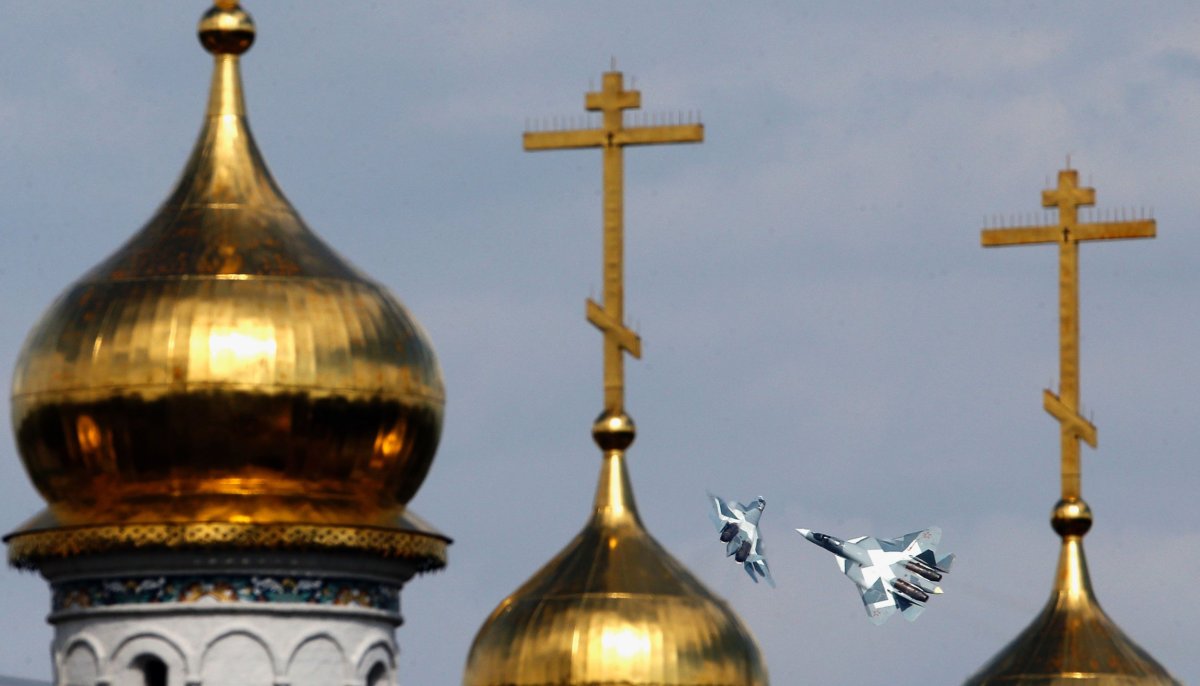With the conflict in Ukraine, allegations of election tampering, the war in Syria and renewed claims of international espionage, relations between Cold War enemies Russia and the West are at rock bottom in 2018.
In the midst of this mutual distrust, Russian President Vladimir Putin has announced a slew of futuristic and, at times, alarming new weapons. At its heart is Putin's ambition to return Russia to its superpower status, or at least give it the appearance of one.
But how much of this is feasible for only the 12th largest economy in the world, a country reeling from several years of international sanctions? Is Russia re-emerging as a global power or just pretending to?
At his annual state of the nation address on March 1, Putin announced that Russia possessed hypersonic intercontinental and short-range ballistic missiles, nuclear-powered cruise missiles and nuclear-powered underwater drones. He boasted that the sophistication of the new technology meant some weapons were "invulnerable" to U.S. defenses.

He admitted that these weapons had been developed from 2001, after George W. Bush pulled the U.S. out of the 1972 anti-ballistic missile treaty signed with the Soviet Union. "You didn't listen to our country then," Putin said. "Listen to us now."
After the fall of the Soviet Union, Russia struggled amid economic turmoil as it attempted to privatize its state-owned industries. From this chaos rose a new class of Russian oligarchs, who amassed fortunes by buying up state assets. Under a tacit agreement with Putin—who has ruled either directly or indirectly since 2000—he allowed them to protect and increase their wealth as long as they supported his autocratic rule. Corruption was not just tolerated, it became the essential oil for the gears of state.
As the second largest producer of natural gas and the third largest producer of oil in the world, Russia is heavily dependent on its natural resources. The 2014 collapse in crude oil prices hit the Russian economy particularly hard, driving the value of the ruble down by around 50 percent.
Disappearing oil export revenue combined with international sanctions—related to the annexation of Crimea and involvement in violence in eastern Ukraine—combined to throw Russia into a two-year recession. Maintaining high military spending is challenging for any nation. For a struggling Russian economy riddled with corruption and inequality, it is especially so.

The Heavy Burden of Military Spending
Siemon Wezeman, a senior researcher at the Stockholm International Peace Research Institute and an expert in military expenditure, explained that Putin's announcement was intended to underline Russia's status as a nuclear superpower, "even if not all the weapons announced are operational or even close to operational."
The announcement came around two weeks before Russia's presidential election. Wezeman noted that Putin was hoping to demonstrate that Russia's "heavy burden of military spending is actually resulting in something." Though Putin comfortably won the election as expected, he would have wanted a strong turnout to give him a real, or at least perceived, mandate to rule the Russian people.
Russia has increased its real military expenditure by 402 percent since 1999. Only China, at 589 percent, has gone further. Over the same period, American military spending has increased by 52 percent.
However, Russian real spending is still pocket change compared to mammoth American and Chinese budgets. In 2016, Russia's $70 billion in military spending was equivalent to 5.3 percent of its GDP. Other countries are spending a lower share of their GDP but higher real amounts. For example, the $611 billion spent on the American military in 2016 accounted for 3.3 percent of its GDP.
Russia is playing economic catch up, and it is losing.

The Conventional Approach
Russia's military ambition goes beyond nuclear weapons. The country has announced cutting edge tank and fighter jet technology intended to challenge U.S. dominance in conventional arms. Two particularly high-profile projects are the futuristic T-14 Armata tank and the Su-57 fifth generation stealth fighter jet. For all the excitement surrounding them, both programs have suffered delays and ever-inflating costs.
Most non-nuclear projects look likely to be delayed, scaled-down or flat out canceled. Delivery of the Su-57s should already be underway but still looks to be several years off. Russia originally planned to deploy 2,400 T-14 tanks by 2020, but production has only just started. Wezeman estimated that fewer than 200 will be deployed on schedule, while navy plans for new aircraft carriers and amphibious ships "remain dreams."
With regards to the T-14, Olga Oliker, director of the Russia and Eurasia program at the Center for Strategic and International Studies think tank, said, "My favorite line about the Armata T-14 is that it is a tank so powerful it can destroy an entire defense budget."

Two Su-57 jets were recently spotted landing at Russia's Khmeimim air base in Syria, but their arrival may not have been for purely military reasons. India part-funded the Su-57 development program, but the delays in its deployment have raised doubts over the feasibility of the project. There have even been unofficial suggestions of purchasing Western alternatives. Showing the Su-57 as at least semi-operational would be one way of convincing India that progress is being made and to retain the country's involvement.
Such challenges for Russia's conventional arsenal might go some way to explaining Putin's bombastic speech. It is the conventional not nuclear weapons of its rivals that truly scare Russia. Oliker suggested that Putin's recent emphasis on big-ticket nuclear options might suggest "Russia doesn't have faith in the conventional capabilities that it is working so hard to build."
While the Russians are fielding new and advanced systems, they are not doing so in large numbers. Both Wezeman and Oliker pointed to Syria, where most Russian forces are still using so-called "dumb" munitions rather than more advanced systems. The high-tech weapons that Russia has used have been deployed on a demonstrative rather than regular basis.

"Russia is trying to keep up," Wezeman said. While headline-grabbing military technology sounds good, the reality is that the country still lags behind its rivals in almost all fields.
Russia simply cannot afford superpower status. "It is at best a small medium power with a GDP similar to that of Spain, barely one third of Germany and just over 10 percent of China," Wezeman explained. This translates into a gulf in basic technology between Russia and its great power competitors, which is only likely to widen as time goes on.
However, Oliker cautioned against writing off the Russian military. "It's not a paper tiger; it's a capable force. If everybody put everything into it, I guess NATO would win. But we'd all die," she said.
Uncommon Knowledge
Newsweek is committed to challenging conventional wisdom and finding connections in the search for common ground.
Newsweek is committed to challenging conventional wisdom and finding connections in the search for common ground.
About the writer
David Brennan is Newsweek's Diplomatic Correspondent covering world politics and conflicts from London with a focus on NATO, the European ... Read more
To read how Newsweek uses AI as a newsroom tool, Click here.








